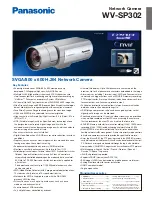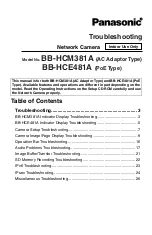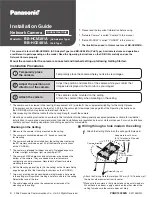
VIP-4R/4T Installation and Configuration 71
VIP Port Adapter Functions
Ports are numbered sequentially beginning with either the top port (in the Cisco 7000, Cisco 7507,
and Cisco 7513) or the left-most port (in the Cisco 7010, and the Cisco 7505), which is always port
(interface) 0. For example, the slot/port adapter/port address of the first interface on a VIP installed
in interface processor slot 1 is 1/1/0, and the adjacent port on the same VIP is 1/1/1.
The following steps describe a basic configuration. Press the Return key after each step unless
otherwise noted.
Step 1
At the privileged-level prompt, enter Configuration mode and specify that the console
terminal will be the source of the configuration subcommands, as follows:
Router# configure terminal
Enter configuration commands, one per line. End with CNTL/Z.
Router(config)#
Step 2
At the prompt, specify the first interface to configure by entering the subcommand
interface, followed by the type (serial) and slot/port (interface processor slot number/0).
The example that follows is for the first port on a VIP in interface processor slot 1:
Router(config)# interface serial 1/1/0
Step 3
If IP routing is enabled on the system, you can assign an IP address and subnet mask to the
interface with the ip address configuration subcommand, as in the following example:
Router(config-int)# ip address 145.22.4.67 255.255.255.0
Step 4
Add any additional configuration subcommands required to enable routing protocols and
adjust the interface characteristics.
Step 5
If you are configuring a DTE interface, proceed to Step 7. If you are configuring a DCE
interface, you also need to configure the external clock signal, as described in the next step.
Step 6
Set the clock rate with the clockrate command (see the section “Configuring Timing
(Clock) Signals” on page 65).
Router(config-int)# clockrate 72000
Step 7
Change the shutdown state to up and enable the interface as follows:
Router(config-int)# no shutdown
Step 8
When you have included all of the configuration subcommands to complete the
configuration, press Ctrl-Z to exit Configuration mode.
Router(config-int)# ^z
Step 9
Write the new configuration to memory as follows:
Router# copy running-config startup-config
[OK]
Router#
Step 10
Exit the privileged level and return to the user level by entering disable at the prompt as
follows:
Router# disable
Router>
To check the interface configuration using show commands, proceed to the section “Checking the
Configuration” on page 72.




































